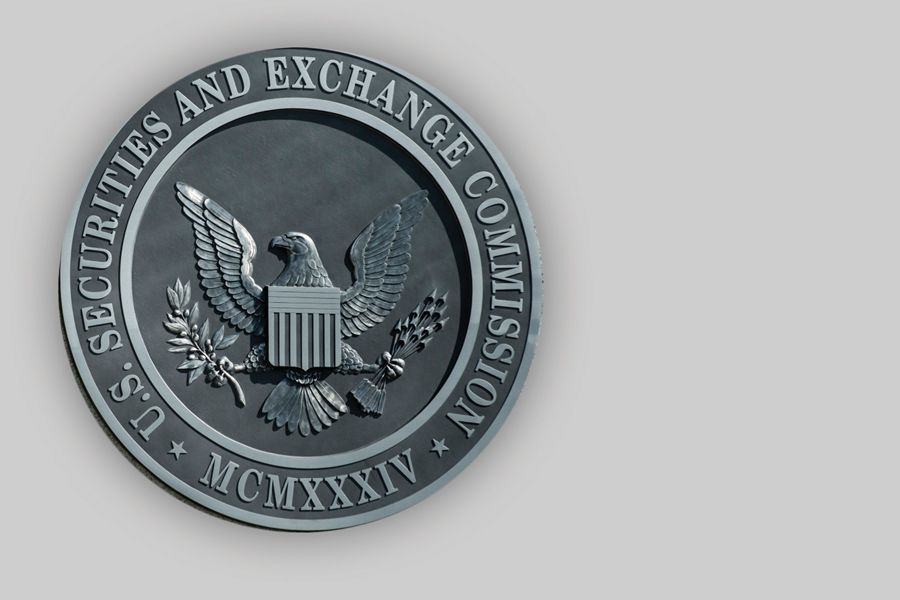ESG investing continues to be a focus of the US Securities and Exchange Commission (SEC). Building on the SEC Division of Enforcement’s Climate and ESG Task Force launched in early 2021, this year the SEC proposed new rules pertaining to ESG for registered investment advisers and funds. The proposals align with the Divisions of Examinations’ and Enforcement’s respective areas of focus on ESG investing.
Assets in sustainable investments in the US grew from $639bn in 1995 to $17.1trn by 2020, according to a report from the US SIF, The Forum for Sustainable and Responsible Investment, cited in the SEC’s proposed disclosure rule. Due to this rise in investments, the agency has picked up the pace on ESG-related examinations and investigations, homing in on whether firms accurately describe to investors how they assess ESGfactors.
Longer, data-intensive reviews
Over time, the SEC has increased the breadth and depth of its examination and investigative fact-gathering processes, including more recently regarding ESG. In many cases, staff is sending longer, more detailed information requests and additional follow-up questions, leading to increased timeframes for examinations, and lengthy enforcement inquiries.
Both divisions are also making use of “sweep” examinations and investigations, through which the same information requests are sent to many entities in order to test out a theory or discover potential widespread misconduct.
The SEC has, for some time, used data analytics to identify potential registrants that warrant a closer look or to target potential misconduct, and it has hired industry and data specialists to assess the information. The SEC also is issuing more sophisticated data requests to firms and comparing those records with its own data.
It has made no secret of making use of these tools in scrutinizing possible issues with ESG disclosures. The landing page for the Climate and ESG Task Force notes that it is using data analysis to “mine and assess information across registrants, to identify potential violations including material gaps or misstatements in issuers’ disclosure of climate risks under existing rules, and disclosure and compliance issues relating to investment advisers’ and funds’ ESG strategies.”
That includes looking at anything a company or asset manager releases related to ESG strategies, metrics or promises, including not only information contained in SEC-required filings, but also in voluntary disclosures, such as in requests for proposals, prospectuses or marketing information.
Accuracy and consistency
With the SEC making ESG a priority, it is important for registered advisers and funds to keep a few things in mind when making public statements about ESG practices.
- ESG terminology is prone to ambiguity. To address this, firms should define terms internally before including them in investor-facing materials. Once those terms are set, make sure they are used consistent with these agreed-upon definitions in any marketing and sales materials (including individual presentations) and legal product disclosures.
- Ensure language used in marketing and sales materials, product disclosures and portfolio management discussions is consistent.
- Ensure ESG disclosures are precise and completely accurate. It is important to confirm whether statements such as “we consider ESG in our investments” applies to all investments or is clarified by appropriate qualifying language elsewhere. The SEC examination and enforcement staff are reading ESG disclosures very broadly and will look for exceptions to general disclosure. Similarly, it is a good practice to be on the lookout for overly permissive disclosures. The SEC has shown concern about language saying that an entity “may” or “might” consider ESG because those propositions give wiggle room to do the opposite, potentially misinforming investors.
- Keep data close at hand—be able to show your work. As the SEC is asking for more data as part of its examination and investigation processes, having readily available information to back up your firm’s practices is crucial to resolving any issues.
- Review policies and procedures against practice. Your firm’s policies and procedures should match your business and investing practice. Ensuring this alignment can take some time, but the SEC examination and enforcement staff will look for compliance gaps.
Stay informed about SEC moves
It is important to stay up to date on SEC guidance, risk alerts, rule proposals and statements. These kinds of pronouncements indicate what the commission is focused on and can hint at what may come down the line.
As all parts of the E the S and the G grow in importance to investors, the SEC has emphasized the need for accurate, consistent and comparable disclosures. Advisers and funds can prepare for a potential increase in examination and enforcement activity by proactively and continuously assessing risk areas. They should also revisit and update policies and processes regarding disclosures and revising disclosures where warranted. Further, they must ensure consistency across all facets of the organization, documenting processes and due diligence, and collect data to support their public ESG statements so they are on solid ground if regulators come knocking.
Morgan Lewis partner Lance Dial contributed to this article.








